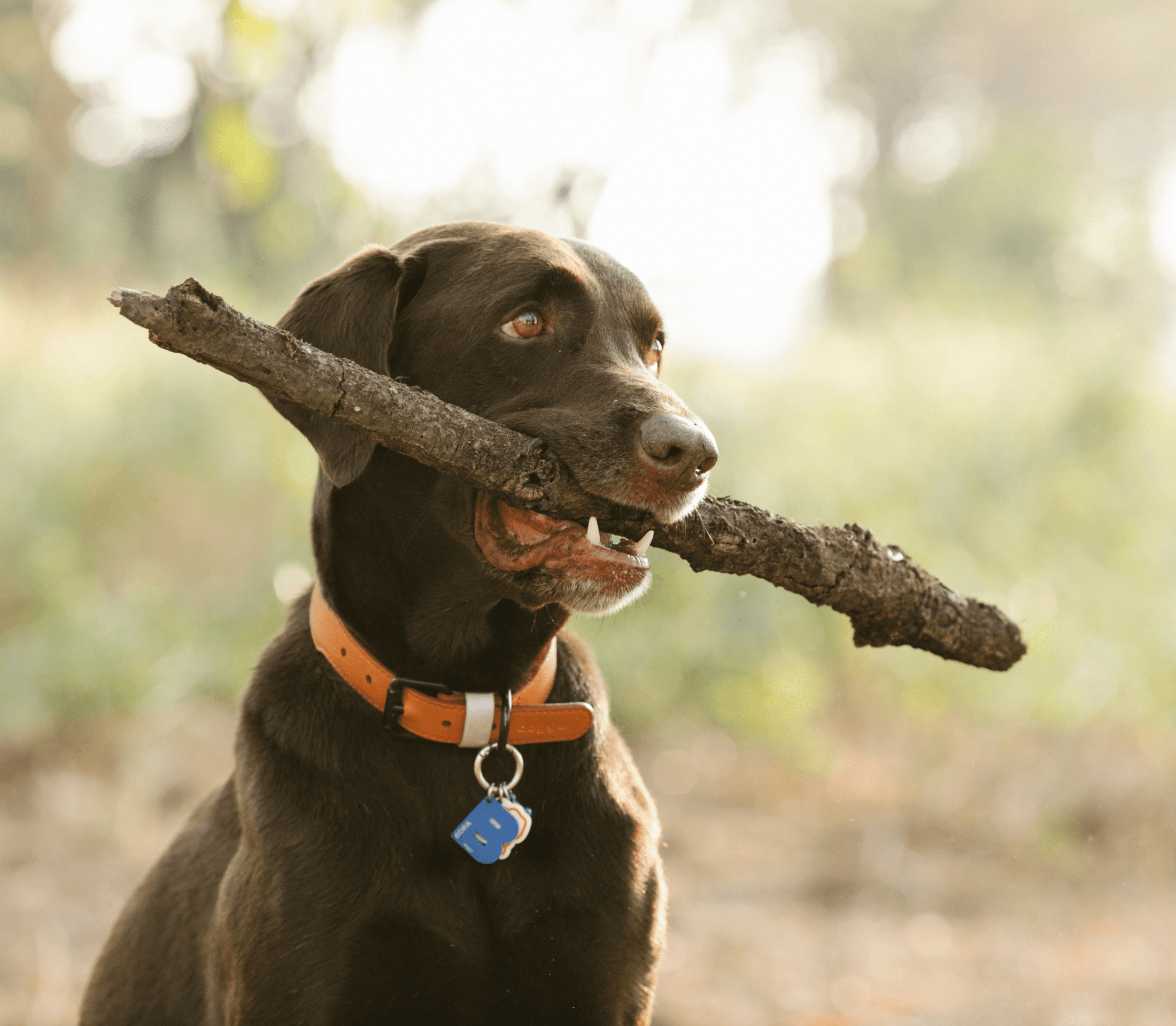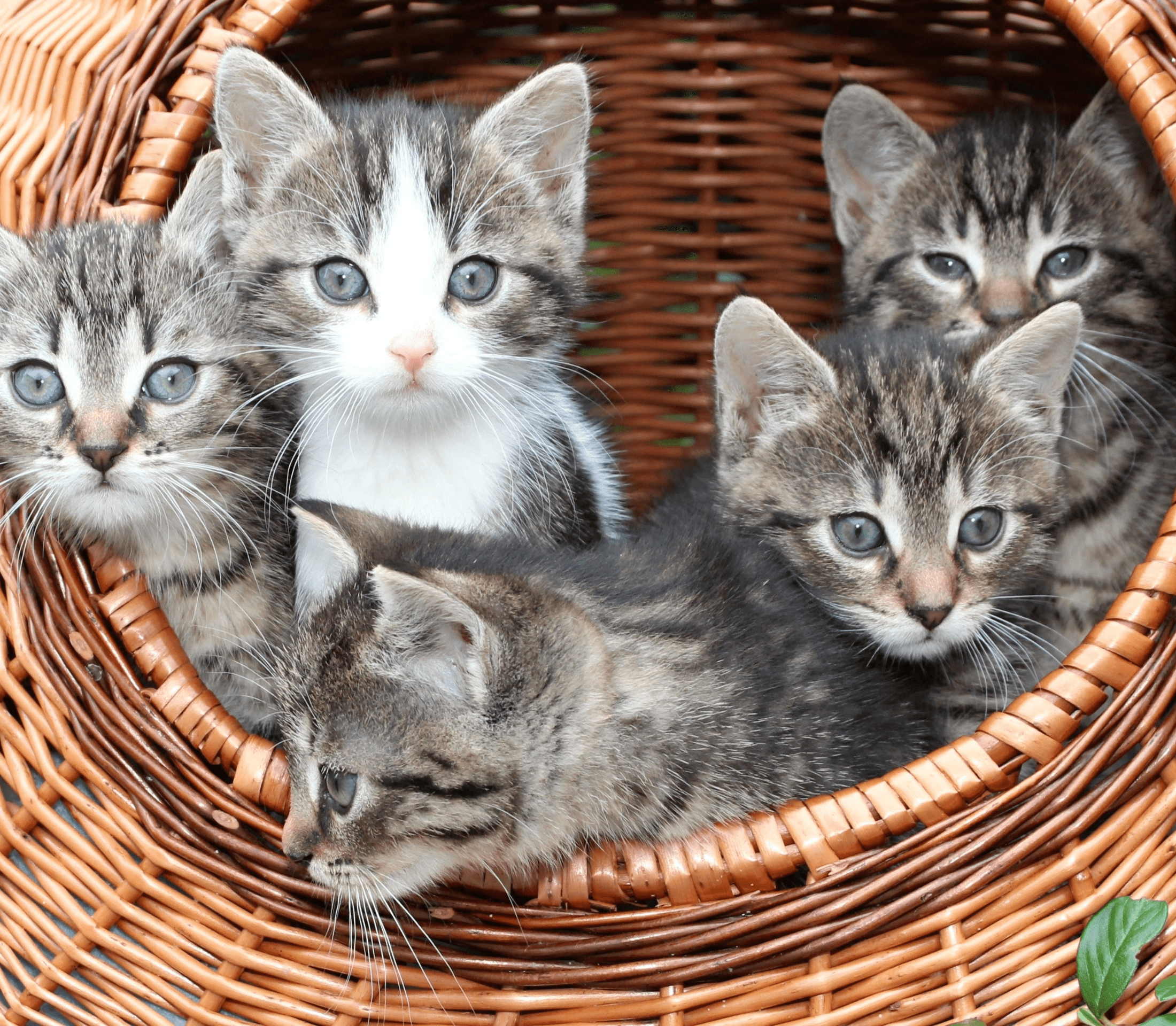Bringing Your New Kitten Home
Are you planning to adopt a new kitten soon? Congratulations! Baby cats are small, but they can fill some huge spaces in our hearts. You will have quite a bit of pet parenting in front of you, though, especially in those first few months. A Washington DC vet offers some advice on this below.
Petproofing
A tiny, curious ball of fur can get into all sorts of trouble in a new place! Remove or secure anything that isn’t safe. That includes toxic plants, chemicals and medications, automotive products, wires and cords, plastic bags and ties, and anything small or sharp. Make sure your doors and windows close securely, and block off things like fire pits, open decks, and spaces behind and beneath furniture and cabinets.
Getting Settled
Going to a new home is a very big deal for a little cat. Fluffy may be scared at first, and she might need some time to settle in. Don’t force attention on your kitten! Just keep her comfy and cozy, and let her adjust.
Litterbox
When your feline pal is all grown up, you can use any litter you and Fluffy like. However, for now, avoid clay or clumping litters. These are dangerous for kittens, as they can cause serious intestinal blockages if accidentally ingested.
Food
Little Fluffy will need proper nourishment to fuel that big growth spurt. Nutrition is key at this stage. Offer your pint-sized pet a high-quality kitten food.
Introductions
If you have other pets, keep them in separate areas at first. Don’t let them interact until your vet has given the all-clear. Monitor all interactions carefully. If things don’t go well, end the session and try again another day.
Toys
Little Fluffy will be very interested in mastering all those claws and teeth. Get lots of toys, and play with her regularly. Remember to put wand toys up after use, though, so your furball doesn’t get entangled.
Purrs And Love
Did you know that cats tend to see us as second parents? You may find that your heart just melts when little Fluffy hops into your lap or just looks up at you with that innocent, adoring expression. Spend a lot of time with your kitten, and make sure she feels secure, comfy, and cared for.
As your local Washington DC animal cinci, we are dedicated to offering excellent care. Call us anytime!



